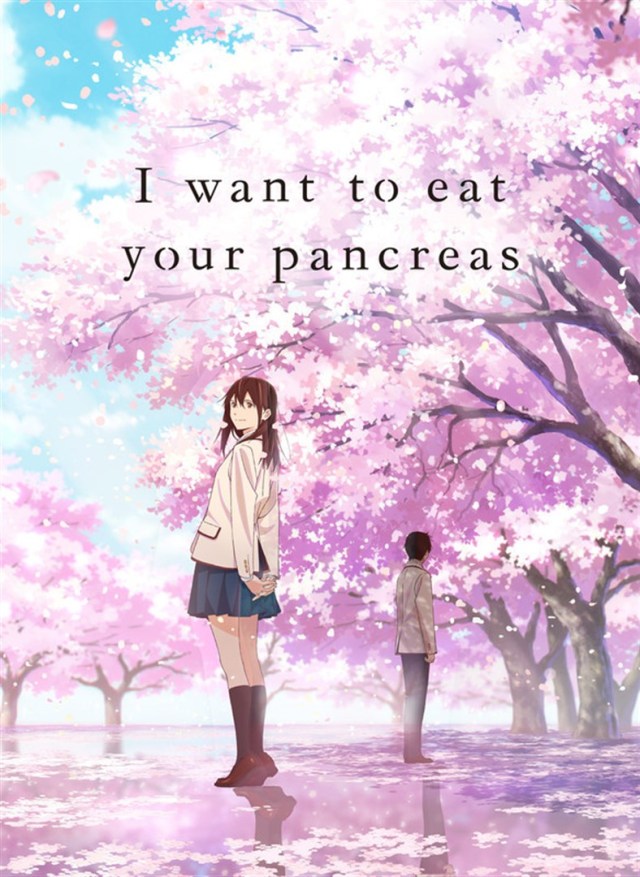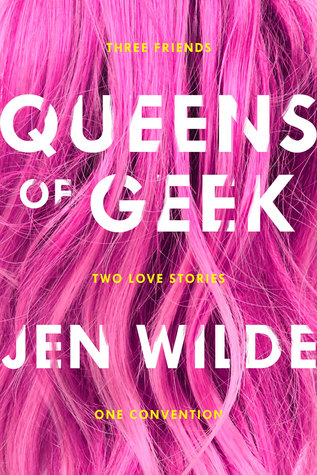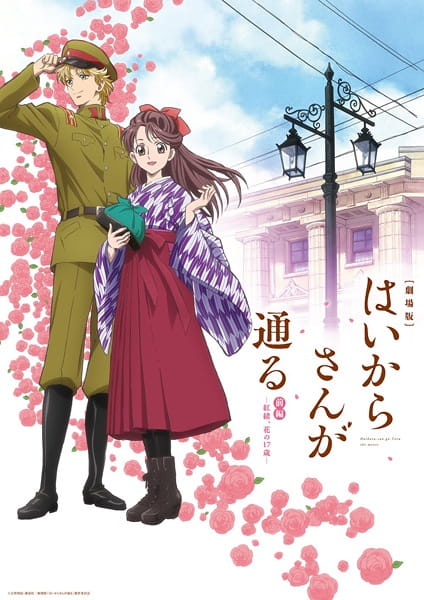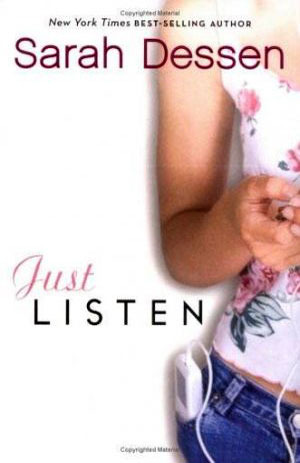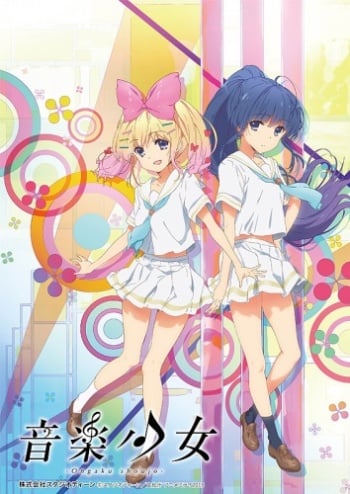- Joined
- May 27, 2018
- Messages
- 11,215
- Reaction score
- 12,770
Well, that's more or less what happens to me. I actually like Eiffel 65 and Limp Bizkit due to how stupid their songs are, although "Build a Bridge" and "Re-Arranged" managed to cross over to "so okay, it's average" and Gold Cobra is automatically good due to including a bass solo (I have a weakness for those).I’m glad someone else can embrace the stupid. I’m going through a phase now where I’m actually seeking out stuff that’s really stupid and finding the unpretentious joy in it. Pro wrestling and Fast & Furious are like me connecting with my inner redneck, it’s spiritual.
Also, @Juliko, thank you for reminding me of the three months I spent reading the Odyssey (I only read it during school recess) only to discover it ended on a cliff hanger and the rest of the story is lost. I was about to cry that day.

